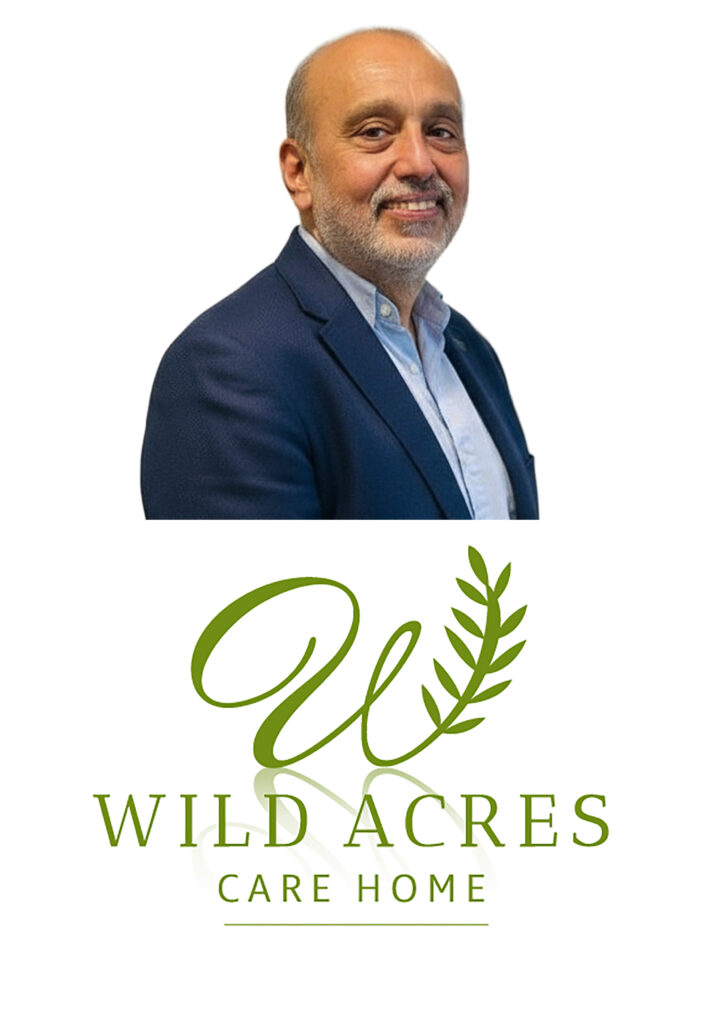 In this episode of the Care CEO Success Stories podcast, host Adam James of Springup PR talks with Harry Surdhar, co-founder of three nursing and dementia care homes, a journey he began in 2001.
In this episode of the Care CEO Success Stories podcast, host Adam James of Springup PR talks with Harry Surdhar, co-founder of three nursing and dementia care homes, a journey he began in 2001.
His career in the care sector spans over 24 years, and is currently in the process of building a fourth care home.
Harry’s unique approach to his business is centred on the belief that a successful care home is built on a foundation of compassionate, well-trained staff, and that a strong internal culture is the key to longevity and reputation.
He prioritises quality of care above all else, seeing profit as a natural consequence of exceptional service rather than the primary goal.
Harry is a strong advocate for recruiting individuals at a junior level and nurturing their potential through a process of organic growth.
He doesn’t prioritise academic qualifications but instead looks for core human qualities like caring, compassion, and empathy. His belief is that the necessary skills can be taught, but a person’s fundamental character is what truly makes them an asset.
Harry views his role as a leader who serves his people, providing them with the tools and support they need to succeed.
This ethos has resulted in remarkable staff retention, with some of his managers being with the company for a significant portion of his 24-year tenure with one 73-year-old former manager who is still with the company, now serving as an internal auditor.
In this episode, Harry shares the secrets to hiring and retaining care home managers based on his long journey in care and years of experience including:
- Why his recruitment process doesn’t prioritize “any to higher academic qualifications,” focusing instead on “what the person has from a human perspective.”
- How he identifies potential in employees and fosters “organic growth,” ensuring they understand the business from the ground up.
- The philosophy that his “core responsibility is to serve my people,” acting as their leaderto help them grow.
- The “very, very successful part of business” is recruiting from a junior level and developing staff internally.
- Why “there is no substitute to what I call practical experience,” and how he uses conversations, not formal interviews, to gauge a candidate’s humanity.
- The reason he’s “not really interested at that stage in the person’s care experiences,” and is more interested in them “as a human.”
- Why he invests in his team, paying for qualifications to “ensure that we get the best” by investing in them.
- The story of his first manager, now 73 and still with the company, who was “willing to continue” and was transitioned into a new role as an “internal auditor.”
- How weekly meetings with his managers serve to “empower them” and ensure they have the “necessary tools to ensure that what to expect from them that they can deliver.”
- Why he values being “democratic” and “willing to listen and adapt to ideas” from his team.
- How his business strategy “never relied on just the first level of managers,” and why he trains people to pass on leadership qualities to those below them.
- His perspective that “if somebody hasn’t made a mistake, I think they haven’t got something right either.”
- The mistakes he made early on by bringing “co-founders on board who I felt were simply there for one reason, which was profit.”
- Why the “profit revenue takes care of itself” if you don’t compromise on service or product.
- The conviction that the “success of this business is not how many percentage of profits you make,” but is “based on your reputation,” which is built on your people.